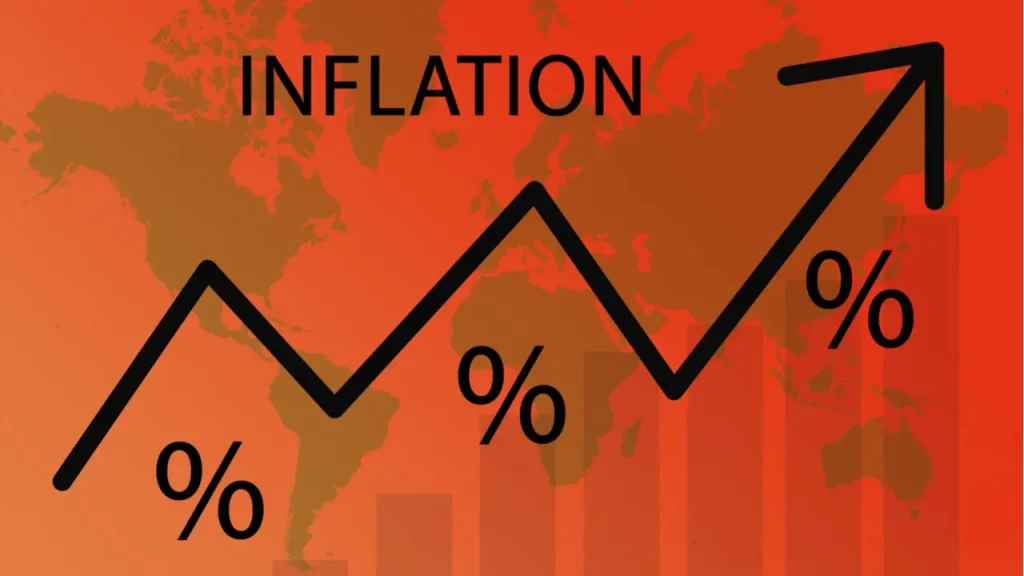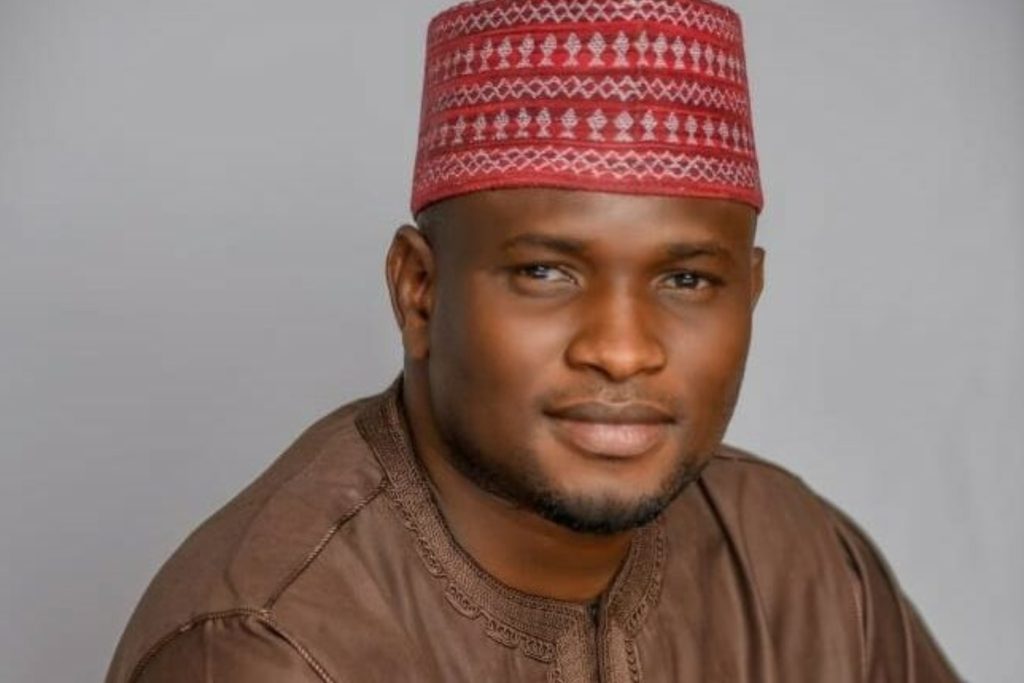A significant shift in global influence is underway, with China strengthening its ties with Africa while the United States is noticeably absent. The recent G20 Summit in South Africa, which the US boycotted, highlights this divergence. China’s approach is marked by strategic investments and partnerships, as outlined in the new FOCAC Beijing Action Plan (2025–2027). This plan includes billions in financing, tariff removals, health programs, and infrastructure development, demonstrating China’s commitment to building a long-term relationship with Africa.
In contrast, the US has been criticized for its lack of engagement, with President Donald Trump’s decision to boycott the G20 Summit being seen as a symbolic retreat from multilateralism and Africa’s growing importance in global politics. This absence has been perceived as a sign that the US is not prioritizing its partnership with Africa, leaving a void that China is eager to fill.
China’s investments in Africa are focused on developing economic ecosystems, including railways, electricity, ports, vocational training, and technology transfer. This approach is seen as a genuine attempt to build a strategic partnership with Africa, rather than simply providing aid or lecturing on governance. The US, on the other hand, has been accused of offering little in the way of transformative investment, instead focusing on warnings about “debt traps” and lectures on governance.
The implications of this shift are significant, with Africa finding itself at the center of a geopolitical drama. For the first time in generations, Africa is not locked into one geopolitical orbit, giving it the opportunity to choose and leverage competition. The FOCAC Beijing Action Plan, if approached with strategic clarity, provides Africa with an opportunity for growth and development. The US absence from the G20, on the other hand, serves as a warning that the world is shifting, and influence is up for grabs.
As the global landscape continues to evolve, Africa’s agency and ability to make choices will be crucial in determining its future. With China and the US pursuing different approaches, Africa must navigate this new reality, protecting its sovereignty and diversifying its partnerships. The outcome will depend on Africa’s ability to negotiate smartly and leverage its newfound influence, ultimately determining its position in the emerging world order.



